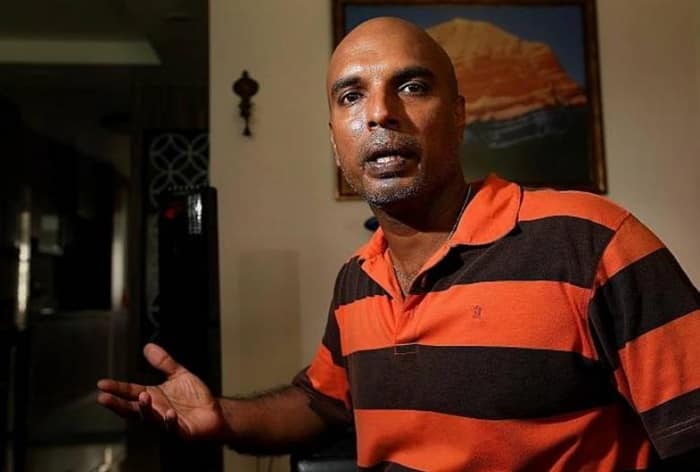
[ad_1]
Between the years 2008 and 2013, as part of a well-orchestrated investment scheme, Naidu misled unsuspecting individuals into believing their funds would be invested in his wife’s money lending enterprise.

An Indian-origin man, aged 53, named Murali Krishnan Naidu has been sentenced to seven years and four months in prison on Monday for defrauding a cumulative amount of SG$2.5 million ($1.8 million) from twenty individuals. These victims include close community ties such as family friends and personal acquaintances. The Straits Times reported that prior to this judicial outcome, Naidu had been proven guilty on 17 counts of fraudulent conduct associated with nine victims. Furthermore, during the sentencing phase, another set of 43 charges—pertaining to the residual victims—were taken into account by the court.
Between the years 2008 and 2013, as part of a well-orchestrated investment scheme, Naidu misled unsuspecting individuals into believing their funds would be invested in his wife’s money lending enterprise. According to court documents, most of the victims had drawn from their retirement savings to fund the “investments”.
The prosecution said that in August 2006, Naidu’s wife was the sole proprietor of a licensed money lending company known as San Tee Credit (STC) where he was a manager. Having worked with a money lending company before, Naidu knew that it was common for such companies to borrow cash from investors through investment agreements.
A 69-year-old woman, who was one of Naidu’s victims, had entered into six investment agreements totalling SG$335,000 with STC, having funded the investments with her life savings.
Naidu, reportedly made false representations to the victims by saying their cash would be invested in STC’s money lending business. The victims were promised returns between 2.5 per cent and 3 per cent that would be paid out monthly, along with a repayment of their investment capital one year from the date of the investment agreement.
Naidu then induced his victims to hand over their money, but completely stopped paying dividends to them in early 2013, and to date, it is unclear how he utilised the victims’ money, the court was told. Screenings by the Registry of Moneylenders showed STC had not concluded any moneylending transactions between 2011 and 2013.
The court documents did not say what happened to STC after 2013 and neither did they disclose how the offences came to light, which led to Naidu’s charging in the court in 2019. Court documents also did not disclose how the offences came to light.
[ad_2]